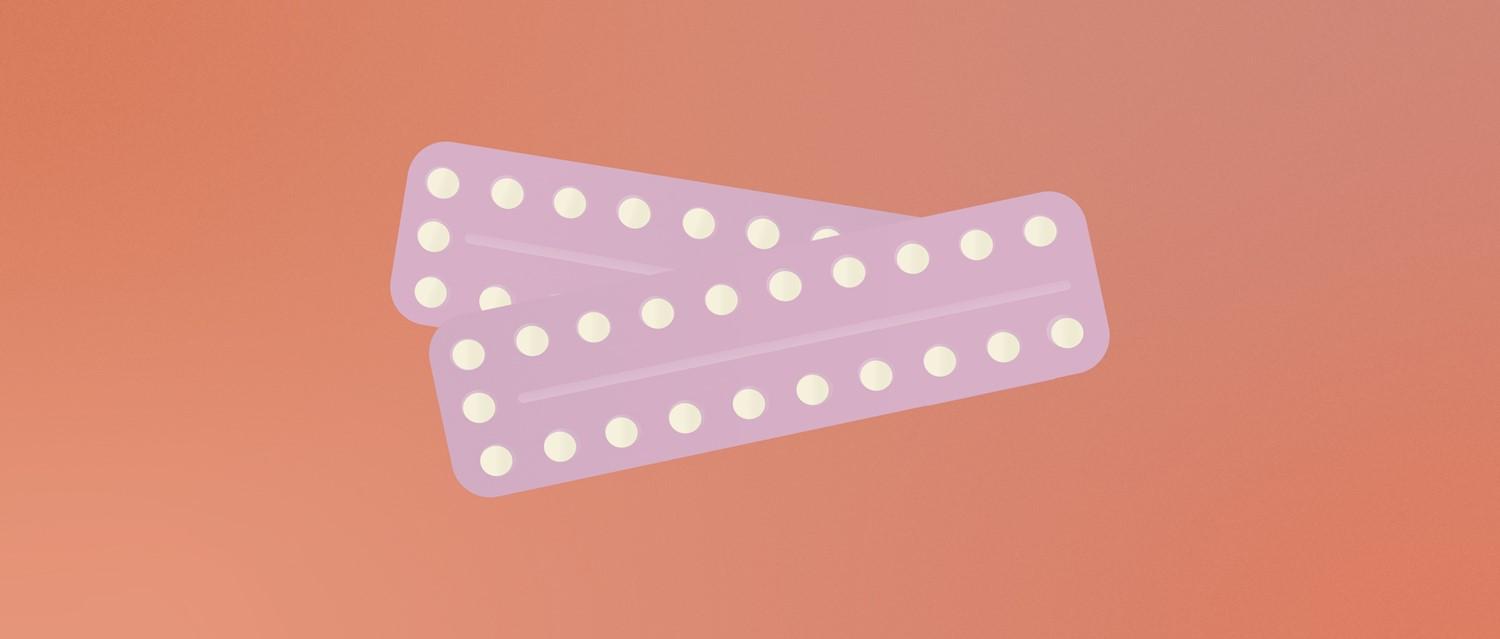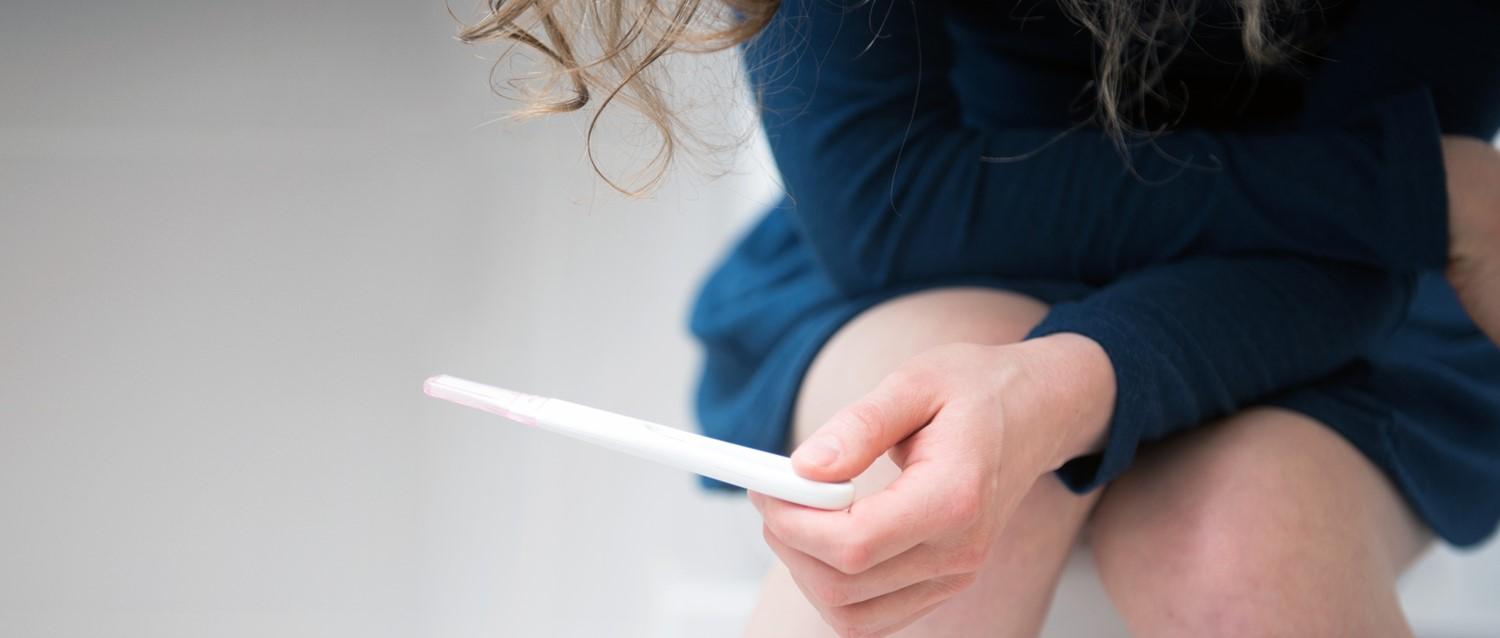
Is it safe to skip your period on the pill?
Peer reviewed by Dr Sarah Jarvis MBE, FRCGPLast updated by Sarah GrahamLast updated 21 Jan 2019
Meets Patient’s editorial guidelines
- DownloadDownload
- Share
- Language
- Discussion
For decades women have been taking the combined pill for 21 days at a time, with a seven-day pill break and withdrawal bleed in between. But is it safe to skip your period by taking two - or more - packs back to back? As the Faculty of Sexual and Reproductive Healthcare (FSRH) at the Royal College of Obstetricians and Gynaecologists (RCOG) publishes new guidelines on continuous pill use, we look at the evidence behind all the different options.
In this article:
The combined oral contraceptive pill is the most popular form of contraception in the UK, used by millions of women every year. It was first introduced on the NHS in 1961 and, while the formulations have changed over the years, the way the pill is prescribed and taken has stayed more or less unchanged for nearly six decades.
"When the pill was first being introduced, they decided that if it looked more like an actual menstrual cycle, then it might be more acceptable to women. As well as being a contraceptive, they could sell it as a form of cycle regulation," explains Dr Sarah Hardman, director of the Faculty of Sexual and Reproductive Healthcare's Clinical Effectiveness Unit (CEU) at The Royal College of Obstetricians and Gynaecologists.
Indeed, one of the pill's biggest advantages - particularly for women with irregular and unpredictable periods - is being able to pinpoint when Aunt Flo's going to put in an appearance.
Likewise, many women use the pill to skip the occasional inconvenient monthly bleed that's threatening to impinge on a holiday or first date. But there's long been a great deal of confusion around the safety of doing this.
Continue reading below
Skipping your period
So, is it actually safe to skip your period (or, more accurately, withdrawal bleed - since menstruation is defined by the presence of ovulation, which the pill suppresses)? And, if so, how many packs in a row is it safe to take back-to-back? New guidelines from the FSRH will be published in the BMJ Sexual and Reproductive Healthcare journal which say that not only is it perfectly safe, there's actually no medical reason ever to take a break between pill packs.
As BBC Horizon's documentary, The Contraceptive Pill: How Safe is It? recently revealed, the seven-day break is simply a hangover from a time when doctors and pharmaceutical companies thought that was what women wanted. But, just as many women on the progestogen-only pill and other forms of hormonal contraception don't get a monthly bleed, it's absolutely fine not to have one on the combined pill.
"Historically, that's why there is a break in pill taking - to mimic the natural cycle - but actually there's no need for it," Hardman says. "There's no health benefit to it. You don't need to have a bleed, or a break from the hormones, to be healthy. The blood's not building up inside you. It's not going to affect your future fertility. That monthly withdrawal bleed doesn't tell you anything. It doesn't tell you that you're fertile, or not pregnant, or anything."
This applies to any monophasic combined hormonal contraceptive, including virtually all types of combined pill used in the UK, as well as the patch or the ring.
"Monophasic means all the pills in the packet contain the same amount of hormones; the alternatives are biphasic and triphasic pills, designed to mimic the cycle more closely, but they don't have any advantages, so we tend not to use them," Harding explains.
Skipping the pill break may also help to reduce other PMS-like symptoms, such as headaches and mood changes. In other words, millions of us have been needlessly bleeding every month for no reason.
Breakthrough bleeding
Back to contentsSadly though, it's not quite so straightforward as throwing out your pads and kissing your period goodbye - at least not straightaway.
"The problem is if you keep taking the pill continuously, eventually most people start to get some breakthrough bleeding with it, just randomly. That's a nuisance, and so some women will then go back to taking it 21 days on, seven days off," Hardman adds.
How much breakthrough bleeding you get, if any, does vary both between individual women and between different pills, she adds. If you are experiencing random bleeding while running pill packs together, you should speak with your doctor or nurse who will check that there is nothing wrong. It may be worth trying a different pill - but, Hardman says, the best advice is actually just to wait it out.
"If you persist in taking it continuously, the bleeding should settle down and stop over time. We've got a lot of women successfully using the pill absolutely continuously with no problems at all."
Continue reading below
Bi-cycling, tri-cycling and tailored regimens
Back to contentsFor women who don't fancy taking the pill all the time, another increasingly popular option is to use what are known as 'tailored regimens' - finding a pill cycle to suit you, with longer stretches of continuous pill taking and/or shorter breaks between packs.
One option Hardman recommends is switching to a cycle where you're on the pill for 21 days, and then off for four days.
"Around the time of the hormone-free interval, when you're not taking your pills, that's the risky time if you then miss the first couple of pills for your next cycle," she explains.
"When you're not taking pills, your ovaries wake up, start to produce follicles, and eventually if you're not taking your pills then you ovulate. Usually what happens is you start taking the pill at the end of your seven-day break, and that puts a lid back on everything, but if you're late restarting the pill then you run the risk of your contraception letting you down."
Cutting the break shorter effectively then gives you a bit more of a safety net to avoid any accidents.
"If you were planning only to take a four-day break to start with, and then you miss one pill, it's not a disaster," says Hardman.
Alternatively, she adds, you can run two or three packets together - known as bi-cycling or tri-cycling - and then take a break of either four or seven days.
"There's no medical reason to do that, but some women just like to have a bleed every so often."
Informed choice
Back to contentsCrucially, the FSRH wants to be clear that there are no hard and fast rules around how women should take the combined oral contraceptive pill. As with all forms of contraception, Hardman says, the key thing is for women to be able to make informed choices about what works best for them.
"The last thing we want is for women to get confused. Anything we can do to help women make fewer risky errors with their contraception has got to be a good thing, so it really is about finding what works best for you," she says.
"Contraception isn't a one-size-fits-all, and even with the pill it's not a one-size-fits-all. Some women will just not want to make a change from what they've been used to, and they will be absolutely accurate about taking their pills for 21 days, and taking only seven days off, and not missing any," she adds.
"If that's what's worked for them, it's fine for them to carry on like that. If they find that they are getting significant period-like breakthrough bleeding during continuous pill taking, they can stop it for four days and start again."
In an ideal world, Hardman would love to see pharmaceutical companies producing pill packets designed to suit a 24/4 or 28-day continuous use cycle, as well as the traditional 21/7, to help support women using these alternative methods.
Patient picks for Contraception

Sexual health
Are fertility apps a reliable form of contraception?
Hormonal contraception has had a bad press in recent years, with studies linking it to breast cancer and mental health side effects such as depression and anxiety. All that, combined with the rise of so-called 'fem tech', and the burgeoning trend for all things natural - from organic beauty products to 'clean' and plant-based diets - has led to an increased interest in more natural family planning options. But do any of them really work?
by Sarah Graham

Sexual health
Should you consider the copper coil for emergency contraception?
If you need emergency contraception, you should be aware of all of your options. The most effective method is also the least known: the copper coil, or intrauterine device (IUD).
by Milly Evans
Continue reading below
Article history
The information on this page is peer reviewed by qualified clinicians.
21 Jan 2019 | Latest version

Ask, share, connect.
Browse discussions, ask questions, and share experiences across hundreds of health topics.

Feeling unwell?
Assess your symptoms online for free
Sign up to the Patient newsletter
Your weekly dose of clear, trustworthy health advice - written to help you feel informed, confident and in control.
By subscribing you accept our Privacy Policy. You can unsubscribe at any time. We never sell your data.